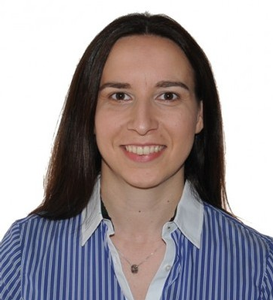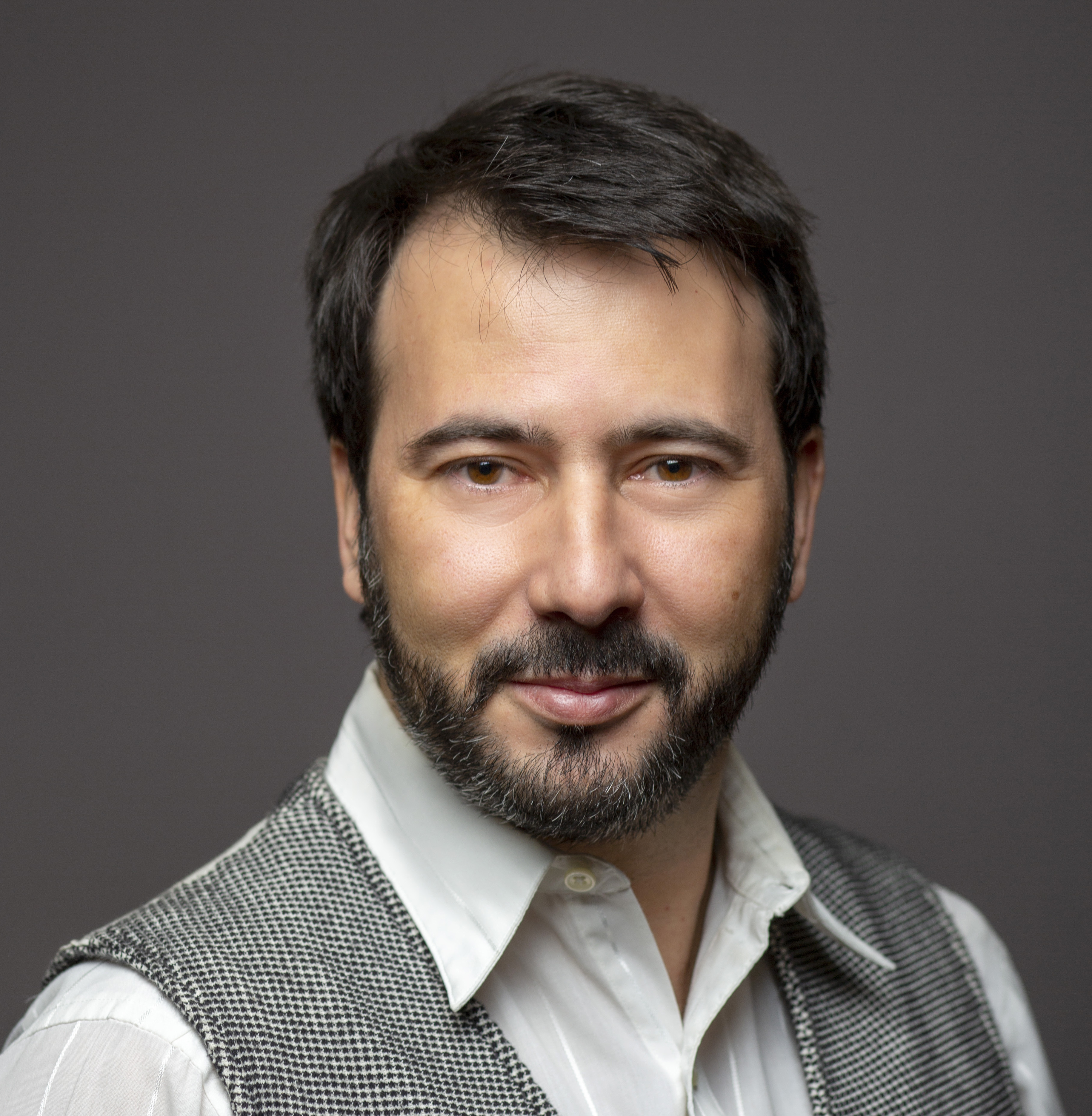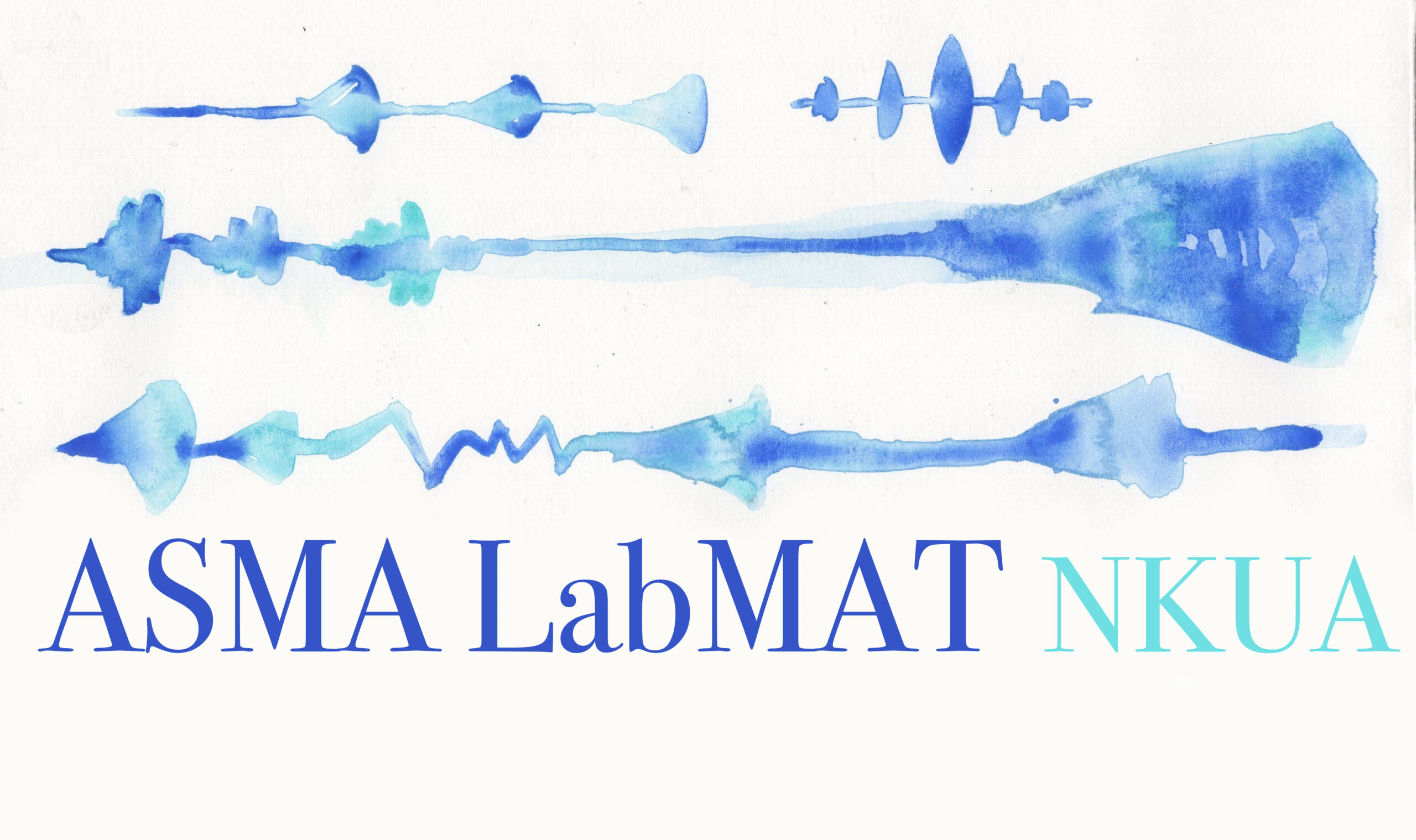Anastasia Georgaki is Associate Professor in Music Technology at the Music Department of the University of Athens and head of the Laboratory of Music Acoustics and Technology of the same Department (labmat.music.uoa.gr)
She studied Physics (University of Athens, 1986) and Music (accordion, piano, harmony, counterpoint/Hellenic Conservatory of Athens, 1981-1990) and continued her studies at IRCAM (Paris, 1990-1995) in computer music and music technology (DEA/1991 and PhD/1995 in Music and Musicology of the XXth century, IRCAM/EHESS). During the period 1995-2002 she has been teaching as a lecturer in Music Acoustics and music technology at the Music Department of the Ionian University at Corfu. Since 2002, she is teaching matters in Music Technology at the Music Department of the University of Athens. Since 2008 she is teaching in three different Master programs at the University of Athens and the School of the Fine Arts (music and new media, sound ways of knowledge, digital visual music). She is also supervisor of PhD candidates on the area of singing voice analysis and interactive systems.
She has participated in many international computer music and musicological conferences in Europe, Canada, Latin America and has published around 65 articles concerning the synthesis of the singing voice, the interactive music systems, Greek electroacoustic music composers (Xenakis, Adamis, Logothetis), physical modelling of instruments, music technology in education and acoustic ecology matters. She has chaired and co-chaired seven symposia and conferences as: Music and Computers (Ionian University, 1998), First Greek Symposium on Music Informatics (Ionian University, 2000), International Symposium Iannis Xenakis (University of Athens, 2005), 4th Sound and Music computing Conference 2007 (Lefkada, 2007), Pythagorean views on music and mathematics (Pythagorion, 2009), Anestis Logothetis Tribute (Athens 2012) and the Joint conference ICMC/SMC2014 in Athens (14-20 September 2014: www.icmc14-smc14.net) under the special theme: Music technology meets philosophy (from digital Echos to virtual ethos).
She has collaborated also with the Greek research institute ILSP in music information retrieval European projects (Wedelmusic), with IEMA, with the Voice lab of the Department, of Informatics and telecommunication, with the Onassis foundation cultural canter, IRCAM, University of Paris VIII, etc. Her research projects focus on the analysis and acoustics/psychoacoustics of the Greek singing voice, controlling synthetic voices through a MIDI-accordion, the development of tools for the application of new technologies in music creation and education, musicological aspects on the impact of technology in contemporary music creation, methodological issues of music technology in interdisciplinary education, acoustic ecology and soundscapes.
Member of numerous committees in Greece and abroad (member of the SMC steering Committee and ICMA).
She is also a professional accordion player (www.novitango.gr) and active musician.

Dr Areti Andreopoulou’swork will focus on the implementation of efficient real-time algorithms for the analysis of the human singing voice and the extraction of all necessary features describing one’s performance in terms of tonal and rhythmic accuracy, expressiveness, and pronunciation. In addition, she will supervise and assist in the development of the gamification aspects of the platform, and the design, execution, and analysis of the necessary user studies.

Dr. Iakovos Steinhauer’sparticipation in this project will evolve around the theoretical foundation and aesthetic evaluation (statistical analysis) of the applied methodology of ASMA, which combines vocal pedagogy and computer technology in a newly emerging interdisciplinary area known as computational aesthetics. He will also be responsible for the publication of the related research in international conferences, as well as for the audiovisual presentations of the project.
The main goal of the participation of Sofia Stavropoulouwill be to apply the new vocal pedagogy and computer technology methods to the primary school and to be responsible for the school-related research. She will also be responsible for the platform content, the selection of supported songs, and for addressing any pedagogical issues from the viewpoint of an educator and vocal coach.

The scope of the research of Evangelos Angelakiswill involve the development of alternative methods for vocal education and their adaptation to primary school students. He will also be responsible for the cognitive study of research results and will offer his support on the design of the platform, from the viewpoint of a lyric singer and vocal coach.
Natalia Kotsaniwill work on the Musical Information Retrieval algorithms, the development of the interactive analysis tools for the singing voice, the SRP’s and VRP’s experimental protocols, the real time analysis of the audio signals, and the development of the adaptive learning system, which will form the foundation of the educational platform ASMA.



